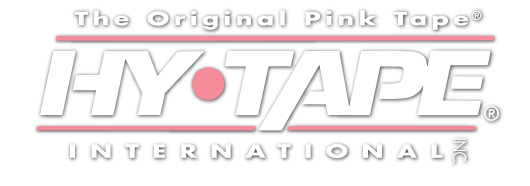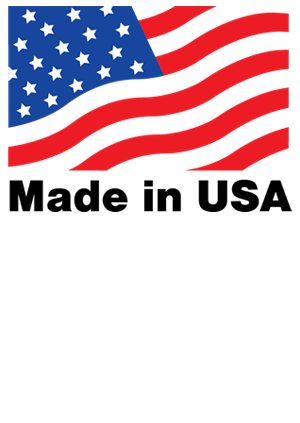
Throughout the years the Hy-Tape team has fielded many questions in the field of wound care, ostomy securement, and different patient populations. Below are some of the most common statements that we hear regarding wound healing that are sometimes either not true, or need more attention to avoid discomfort and extended healing time.
Leaving a wound open to the air will help it heal faster.
Truth is airing out most wounds isn’t beneficial because wounds need moisture and protection to heal. Leaving wounds uncovered may dry out the new surface cells, which can not only increase pain, but may slow the healing process. Most wound treatments include a moist (not overly wet) wound surface covered by a gentle dressing so to not stress or damage the surrounding skin.
A scab is good for healing a wound.
Scabs are your body’s natural way of protecting from contaminants, but a scab is not the best way for a wound to heal. A scab will interfere with the bodies healing process by creating a barrier of dead, dried-out cells. While the scab creates a shield around the wound, your bodies newly created healthy cells must work their way under to form new tissue and heal. Better to keep the wound clean, covered and protected.
Isopropyl alcohol and hydrogen peroxide should be used to clean wound when changing the dressing.
The use of isopropyl alcohol or hydrogen peroxide may be needed if the wound becomes infected or for the initial cleaning, but using hydrogen peroxide or rubbing alcohol to clean an injury can actually harm the tissue slow the healing process. The best way to clean a minor wound is with cool running water and mild soap. Rinse the wound for at least five minutes to remove dirt, debris, and bacteria.
Its a good idea to avoid getting your wound wet in the shower.
Not necessarily and this depends on the wound. You should speak to your doctor if the wound involves sutures (stitches), staples, exposed bone, or your if a doctor has advised against it. If you need need to keep your wound dry, use a plastic/waterproof wrap or cover to keep it dry when you shower. Typically, you should not be “soaking” your wound. However, generally, rinsing a wound with water is ok. Avoid getting shampoos, soaps, or lotions on the wound.
An uncovered wound will heal faster than a covered wound.
Various studies have conclusively demonstrated that a covered wound heals faster than an uncovered wound. This is because the scab, although it closes off the wound and protects it from infection, actually impedes the growth of new skin cells in to cover the wound.
Taking aspirin, ibuprofen, and anti-inflammatory drugs will help.
Do not take drugs that interfere with the body’s natural healing process if possible. For example, anti-inflammatory drugs, such as aspirin, will hamper the action of immune system cells. Ask your doctors advise before taking any over the counter drugs with regard to your wound treatment.
It is best to rest and relax during the healing process.
Exercise increases blood flow and stimulates immune activity in your body and around the wound. Increases in oxygen and cortisol can also not only speed up the healing process, but decrease the pain. Studies show that regular exercise improves general health and speeds wound healing. Ask your doctor for suggestions on appropriate exercise.
As a wound heals, it begins to itch. That is normal.
It is possible and likely the there can be a little itchiness during the healing process if it is limited to the wound only. A post surgical wound dressing that itches, becomes red, or throbs may indicate infection or an abscess. Another possibility is an allergic reaction to the medication, the dressing, or the adhesive. We recommend speaking to your doctor at the sign of any itchiness.
One reality that you can believe in, is that Hy-Tape, The original Pink Tape, is considered to be one of the most gentle and non-non-reactive waterproof tapes on the market. With over 70 years in the field, Hy-Tape holds form, while releasing gently leaving skin intact. Our adhesive is infused with Zinc Oxide and soothe skin, especially in cases where repeat applications are needed. Caregivers rely on Hy-Tape in situations where skin is under stress, or when the patient is elderly, or new born. If you would like to try Hy-Tape for yourself, please click here to receive a sample. If you have any questions, the team at Hy-Tape is here to answer them.

